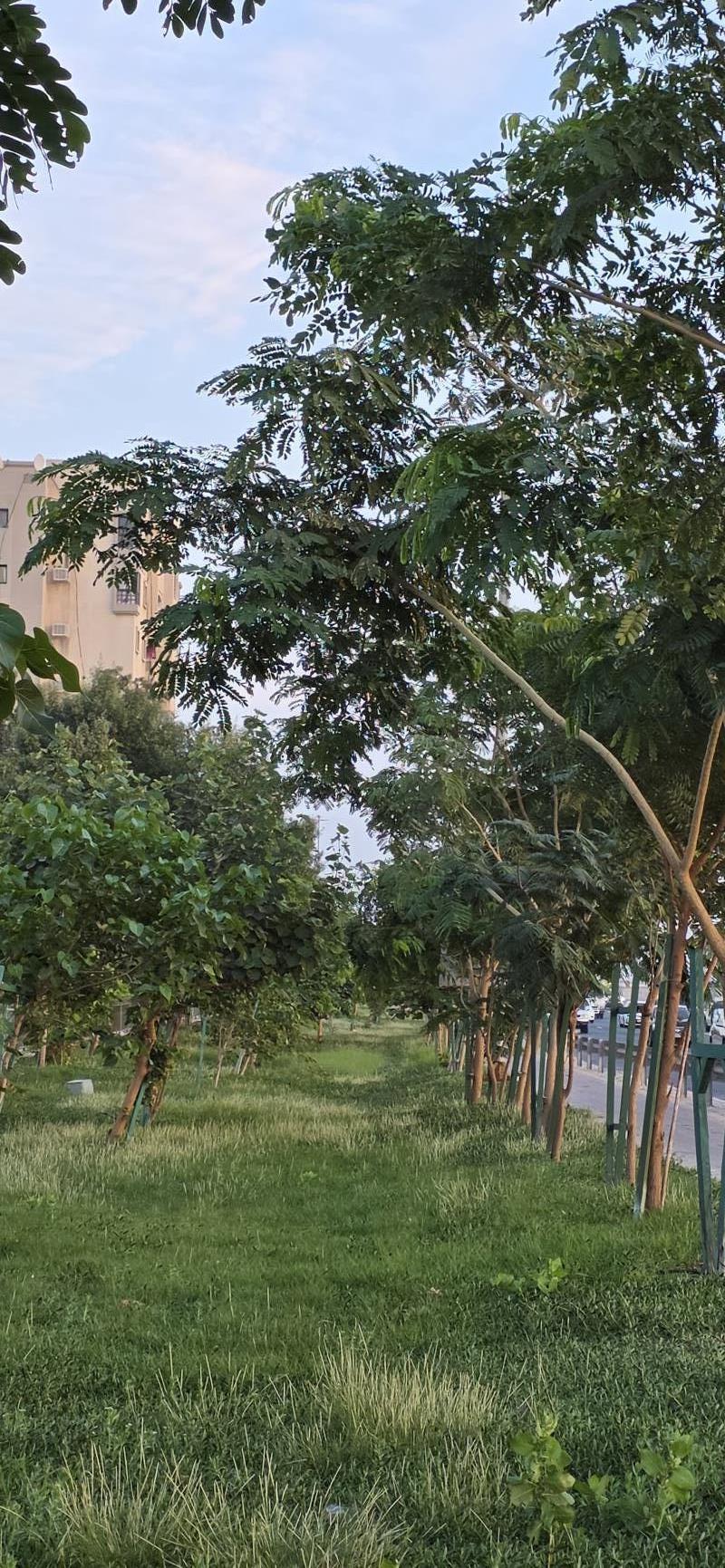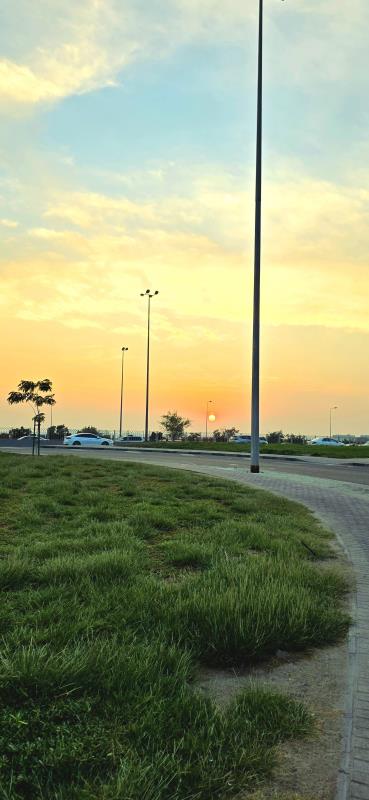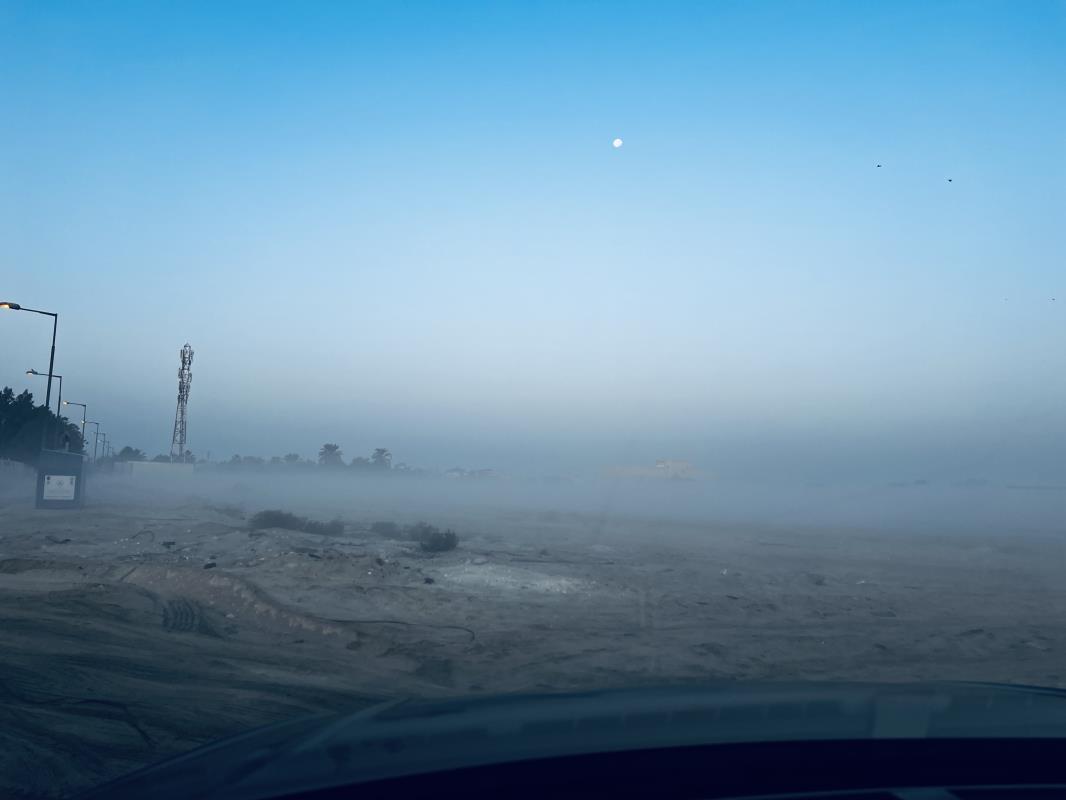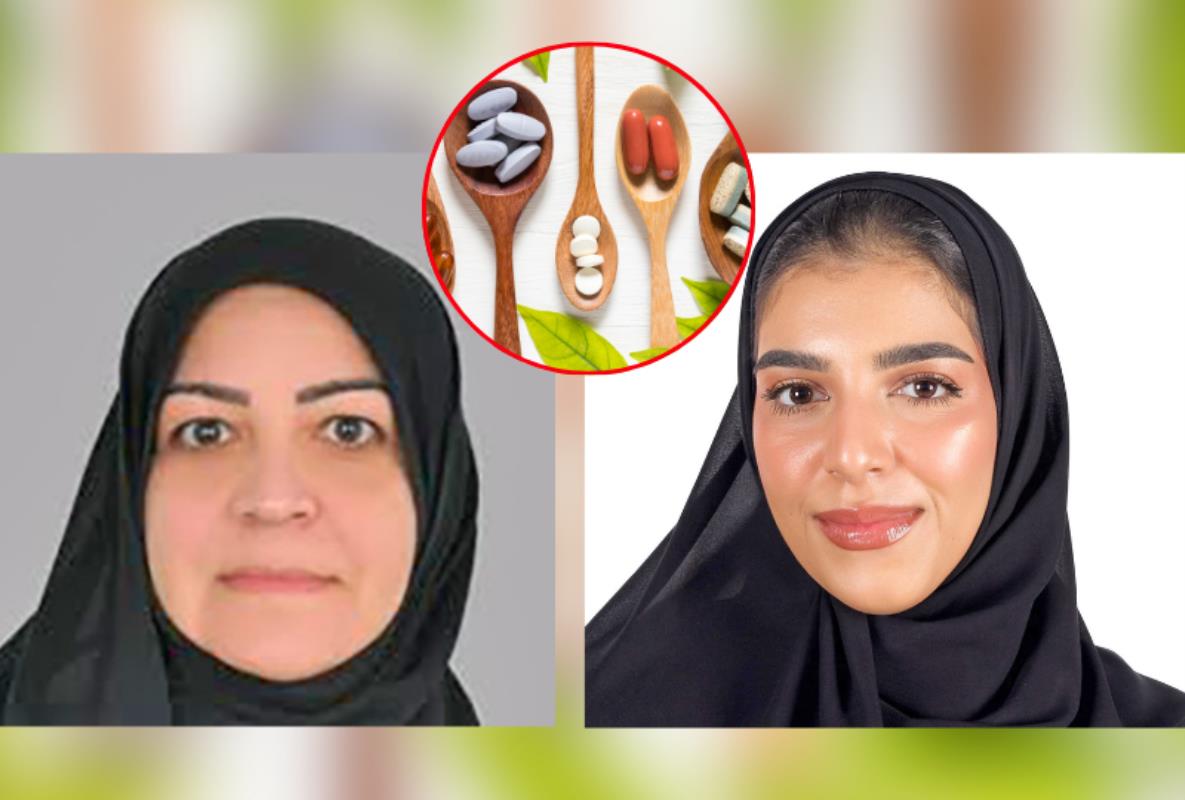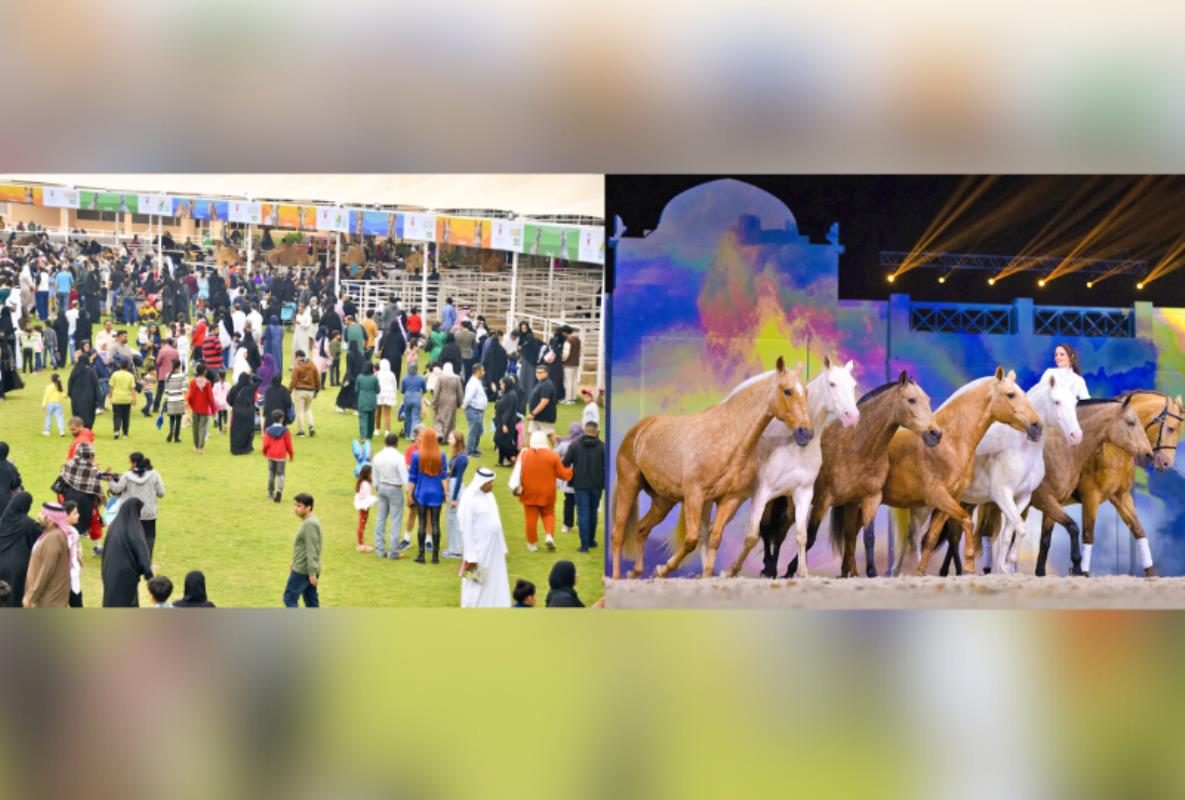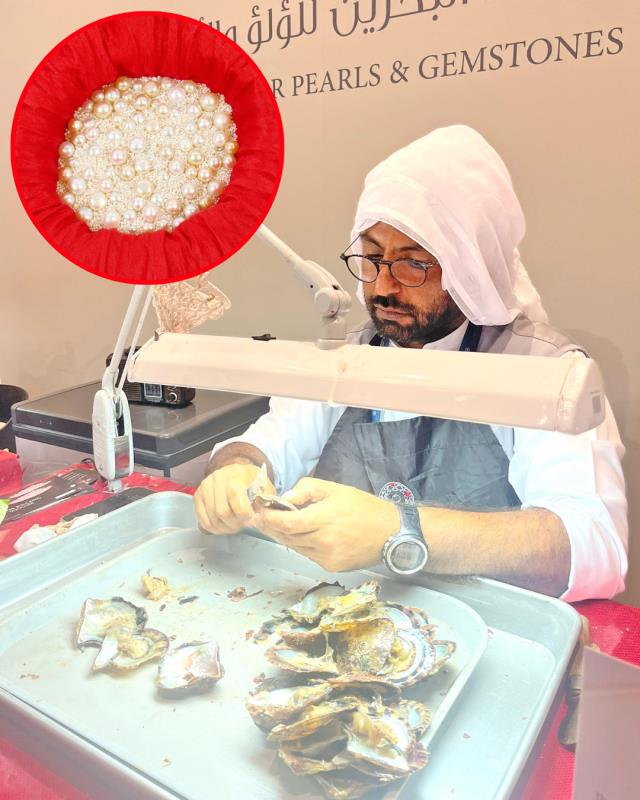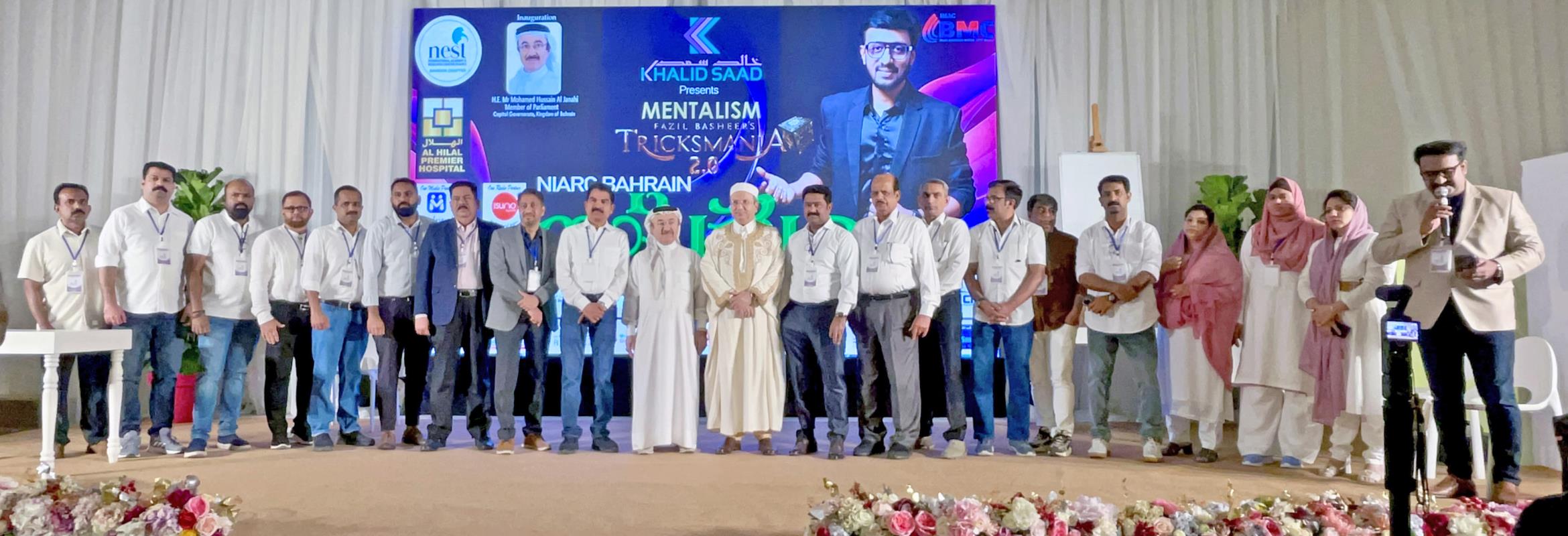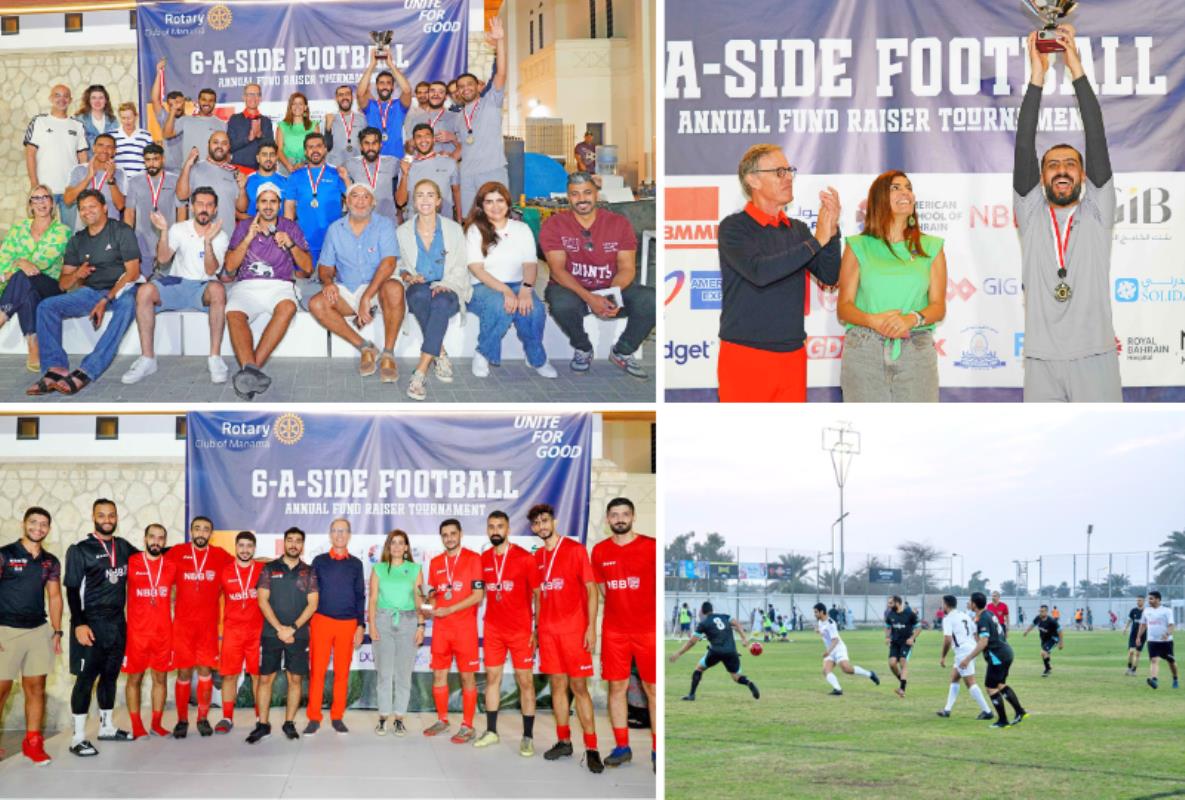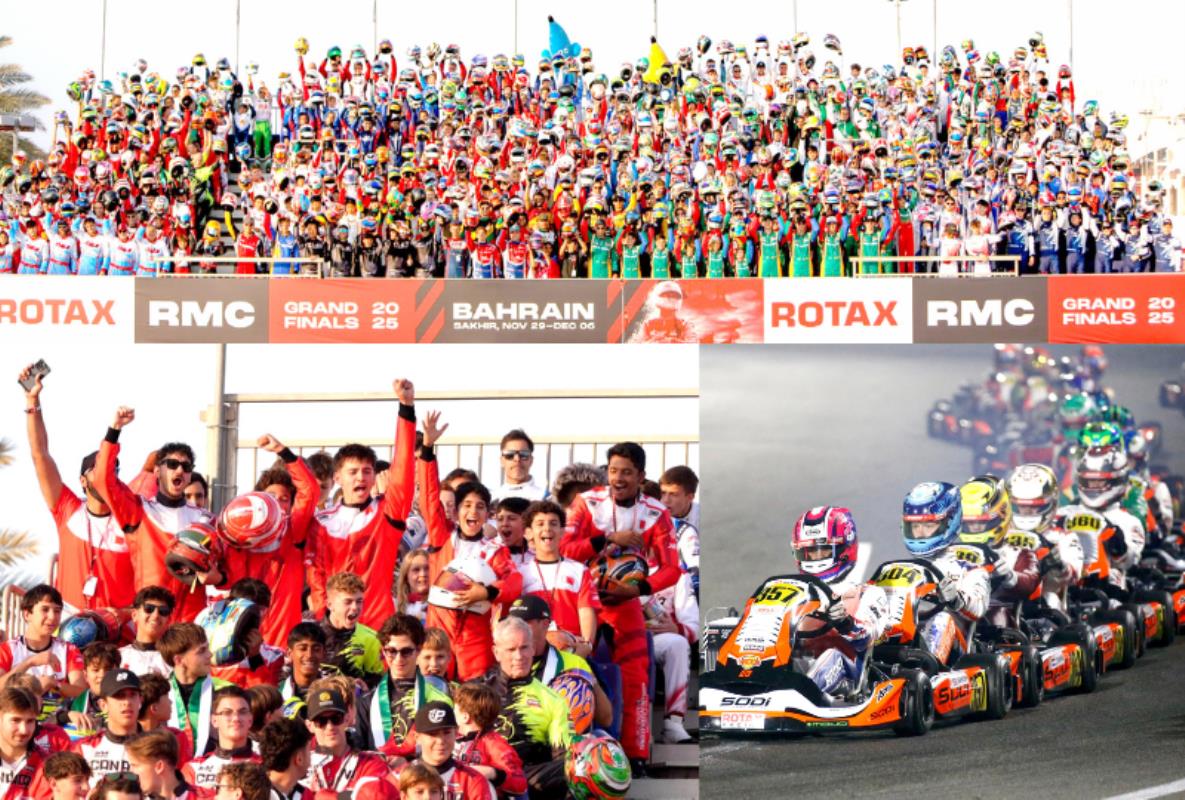
The Royal Commission for AlUla (RCU) has worked closely with key partners the Arab Camel Racing Federation and the International Camel Racing Federation to stage the new competitions, which will be held back-to-back over two thrilling days and feature the region's best thoroughbred camels.
Held on 3rd May at the Mugheira Heritage Sports Village, the debut Arab Camel Cup will see some of the sport's leading riders from 16 Arab nations compete over 13 hotly contested rounds of racing for a share of prizes exceeding SAR 3 million.
The following day, 4th May, will see an international contingent of camels and riders tested to their limits as part of the first-ever World Championship for International Camel Endurance. With a total prize pool of SAR 2 million to be won, the two-stage challenge will cover a total of 16km with male and female riders competing in their respective categories.
The winners will receive SAR 500,000, with the remaining prize money shared amongst the runners up. Riders participating in the World Endurance Championship in AlUla will be registered based on their age (at least 18 years old) and type of camel, which will include: Hail, Thanaya Bakkar, Zamoul, and Thanaya Qadan. Building on AlUla's established status as the premier destination for heritage sports, including a diverse collection of camel races, horseback and endurance challenges, and more, the two new competitions will attract an international audience of spectators as well as enthusiasts from across the Kingdom and the wider AlUla community.
The Arab Camel Cup and the World Endurance Championship will both be held in support of the Ministry of Culture's 'Year of the Camel' initiative, celebrating the camels' status in Saudi culture and society. These events also support RCU's long-term plan to champion the deeply rooted cultural legacy of camel and heritage sports, while also opening new opportunities for socio-economic growth within AlUla and northwest Arabia.
RCU's ambitions for heritage sports are closely linked to its tourism and cultural conservation plans, placing each at the heart of the community as a powerful and unifying area of development aligned with the Kingdom's Vision 2030 plan.






















































